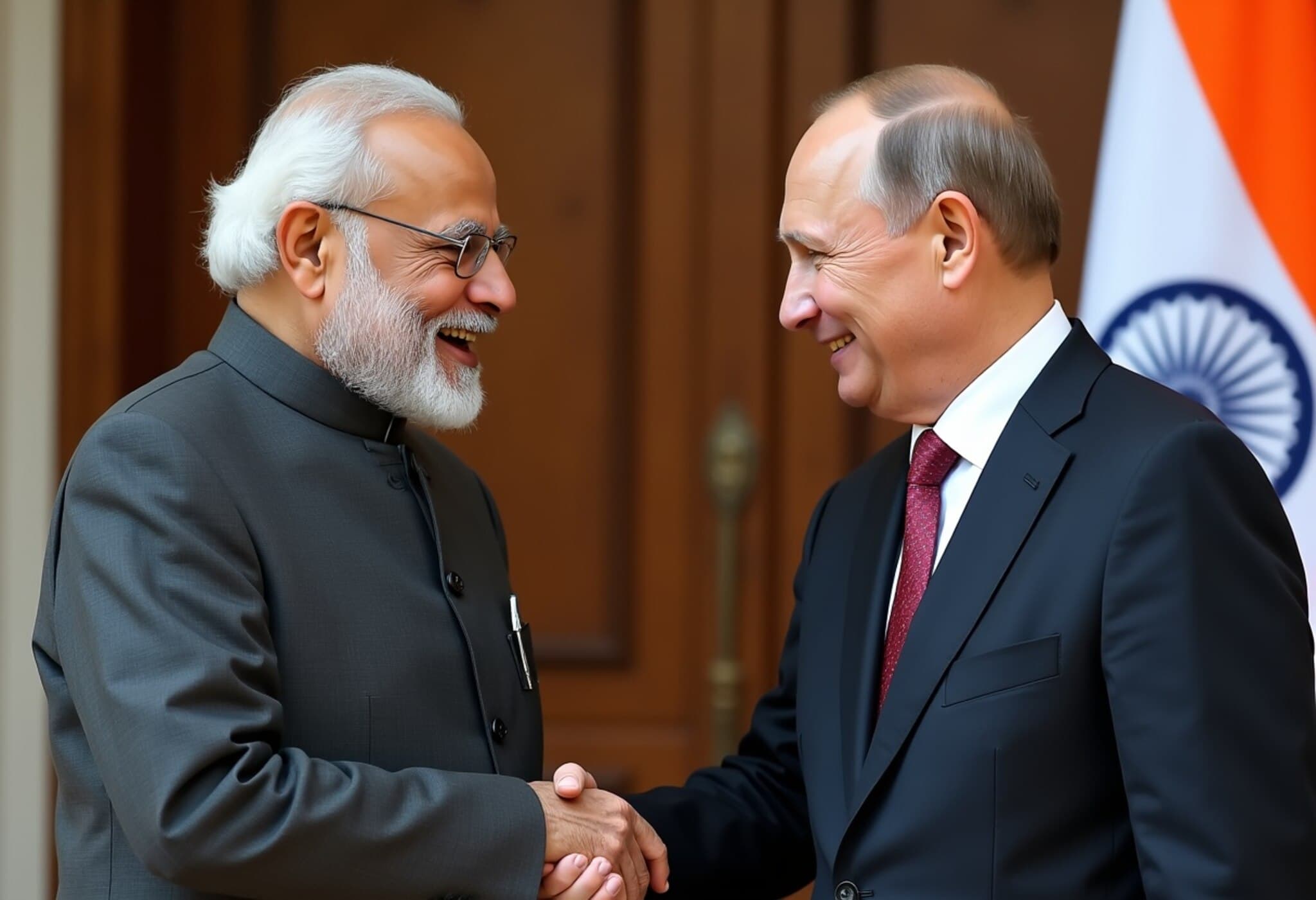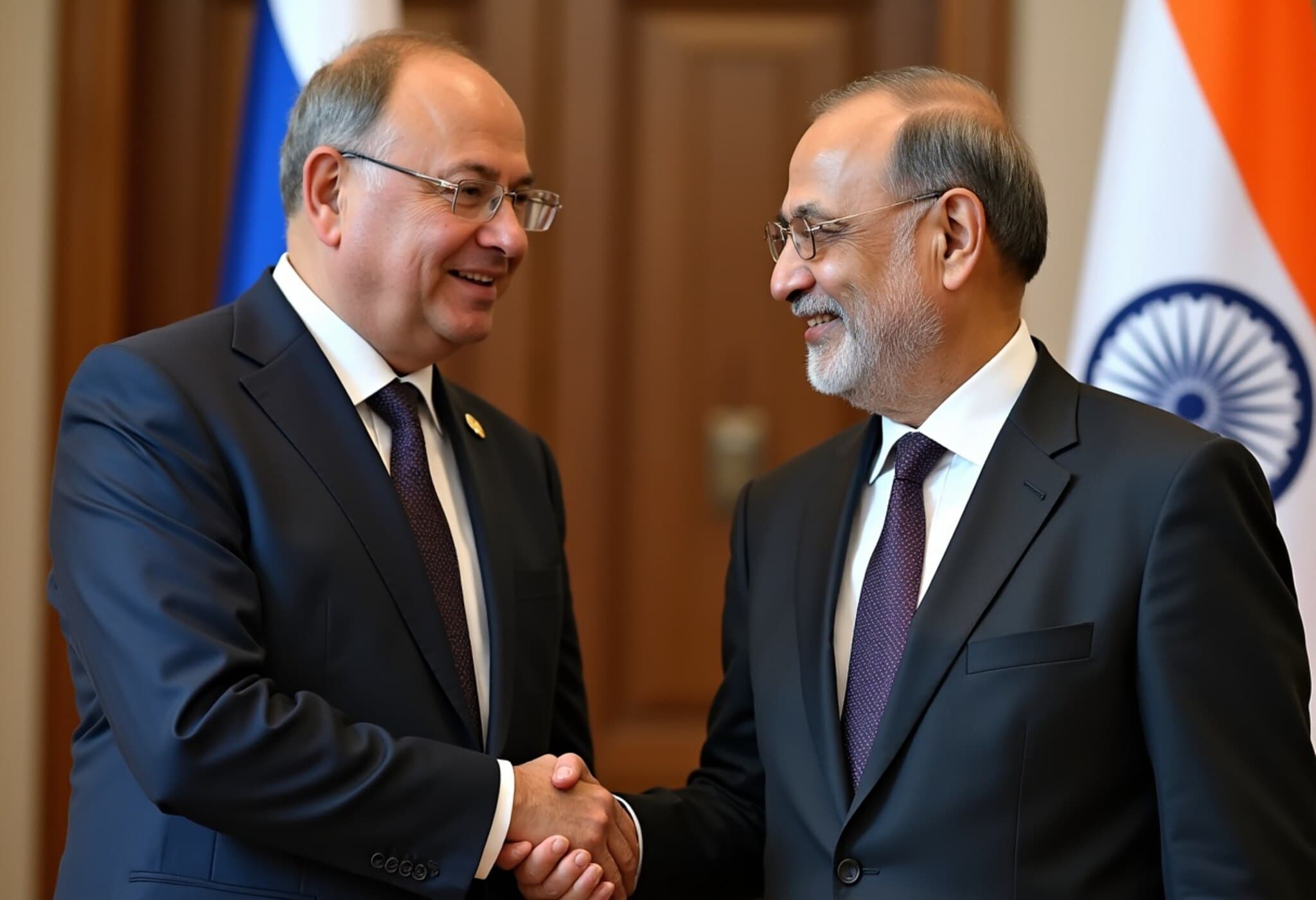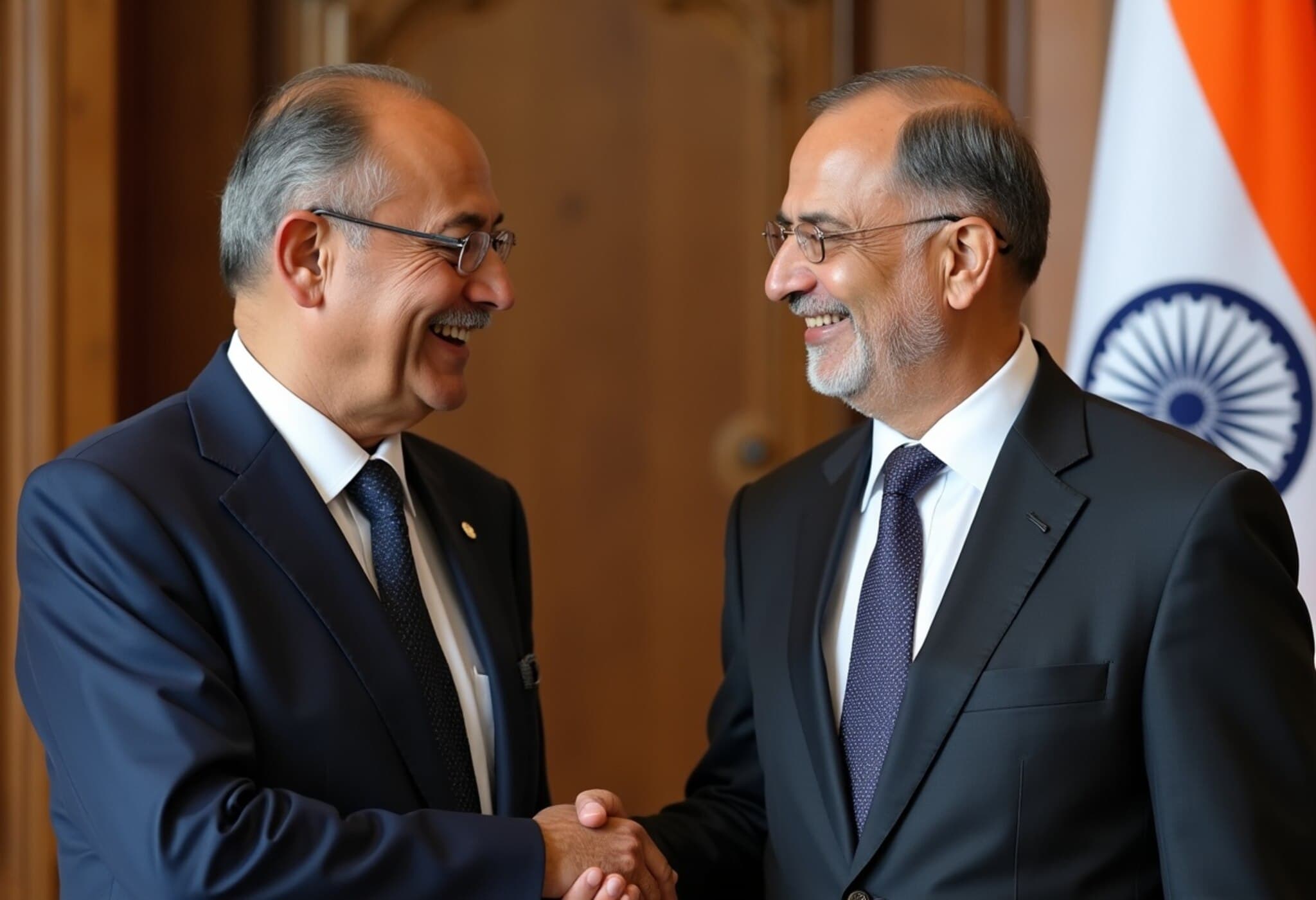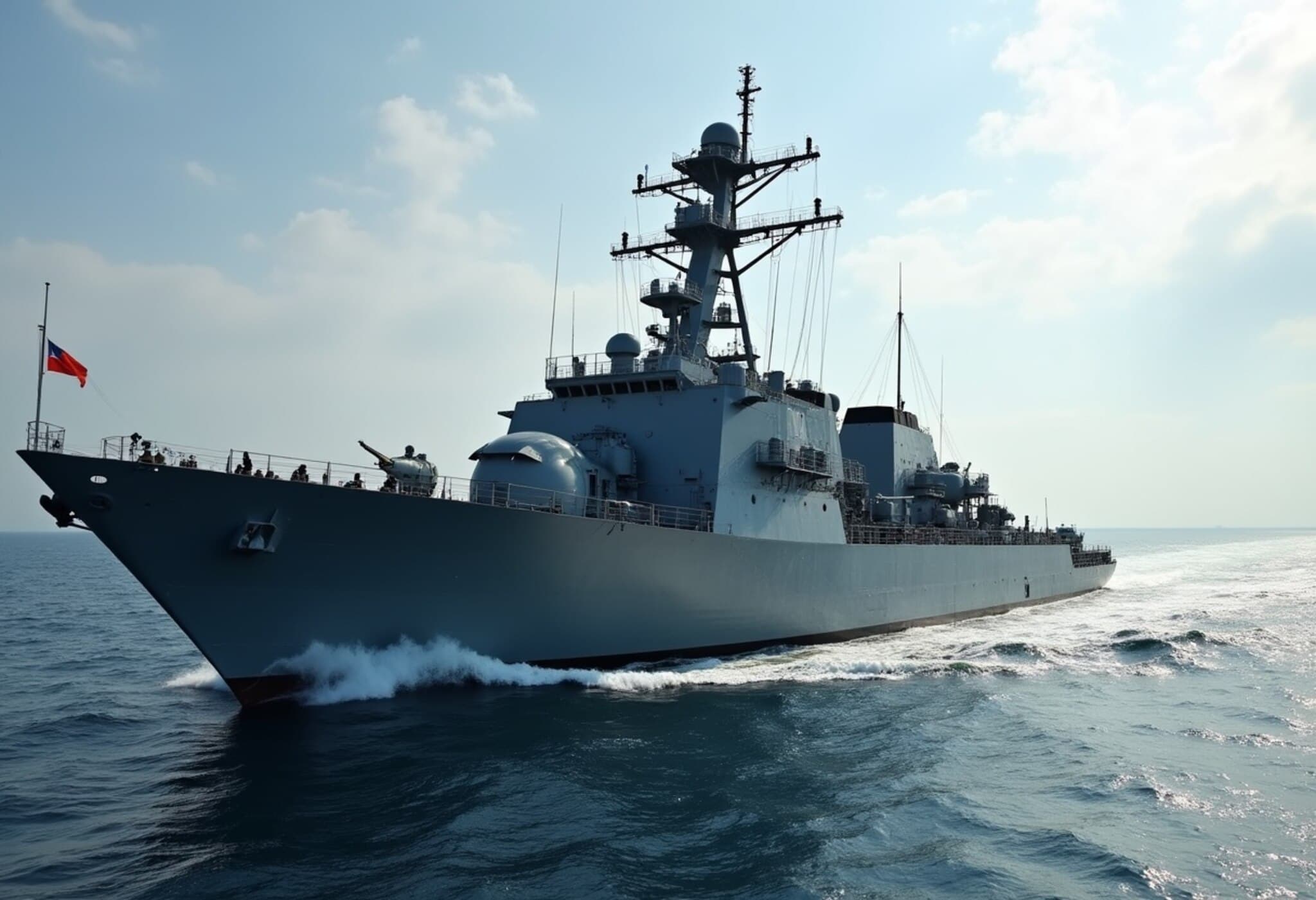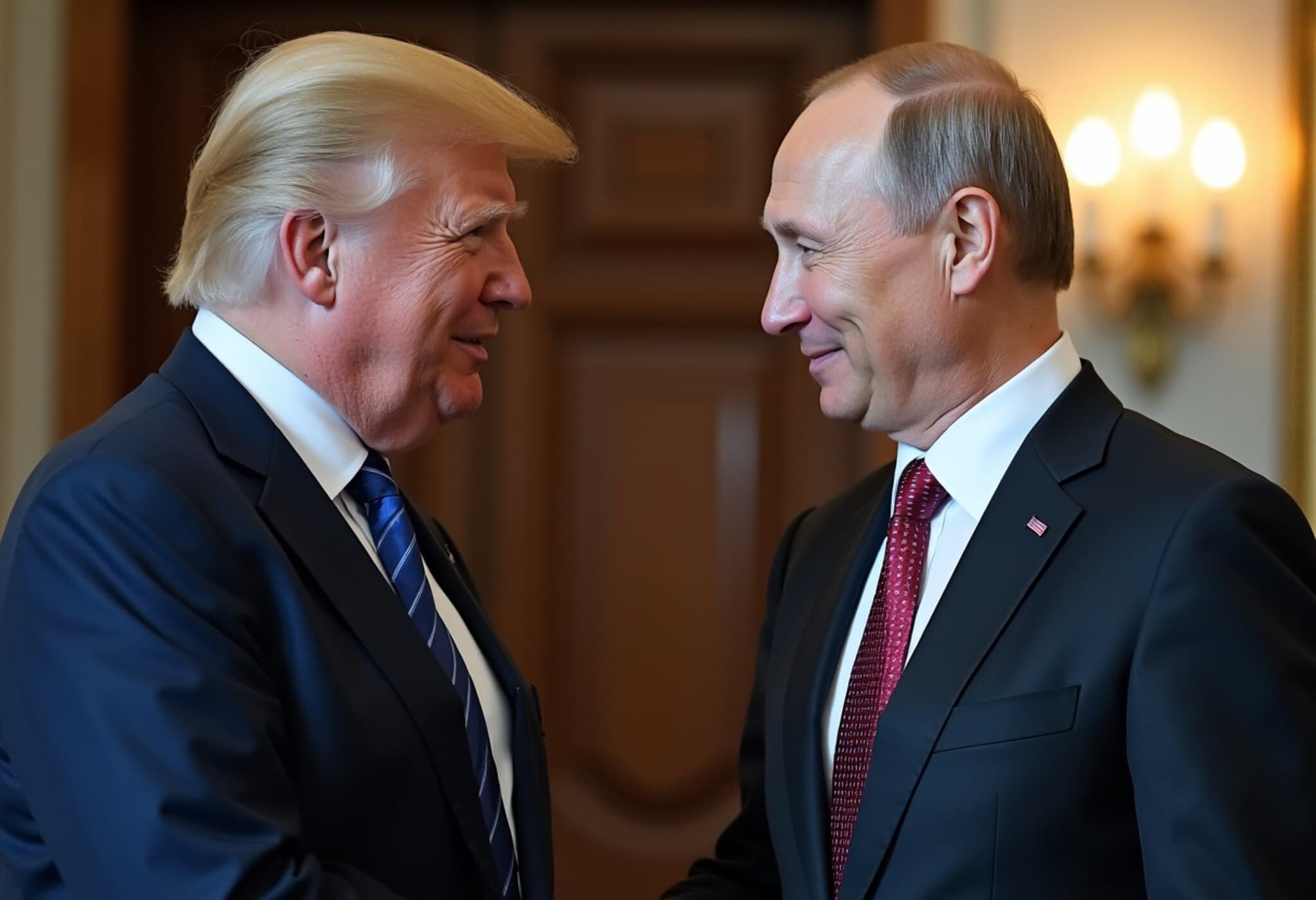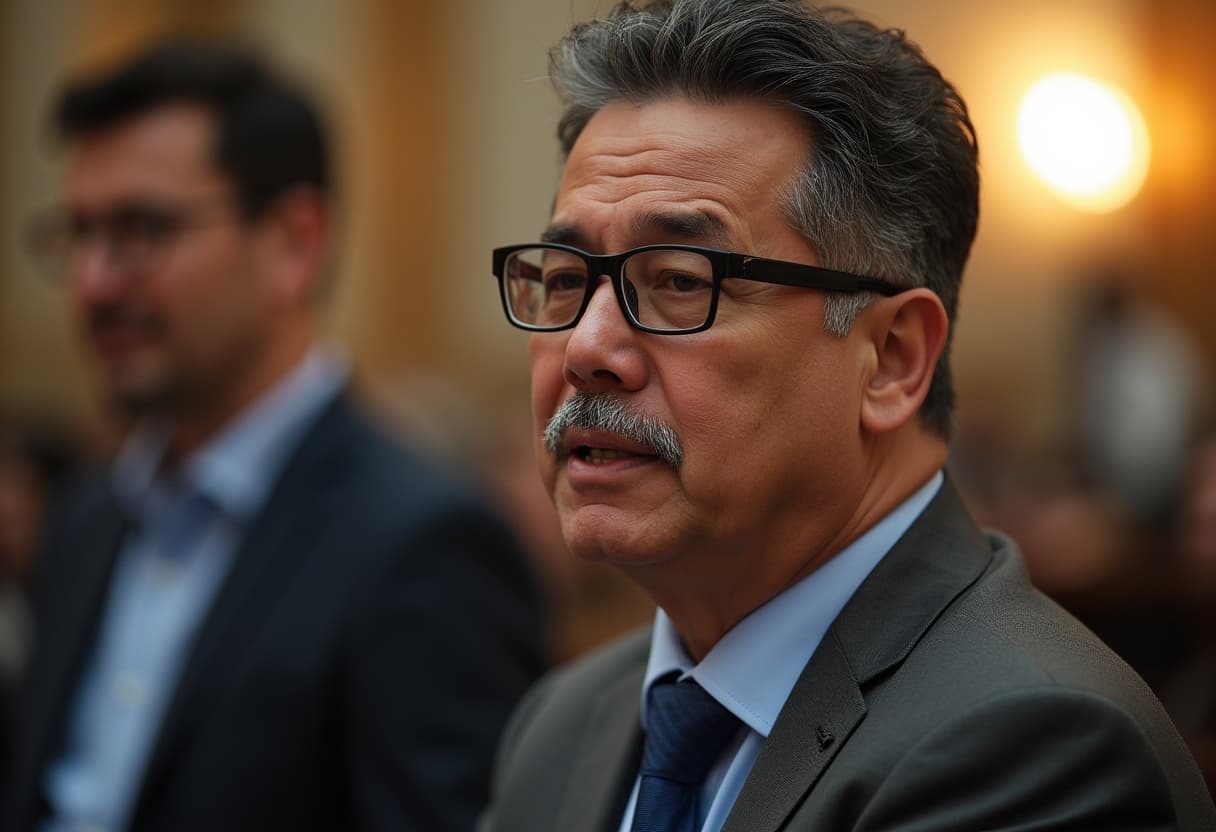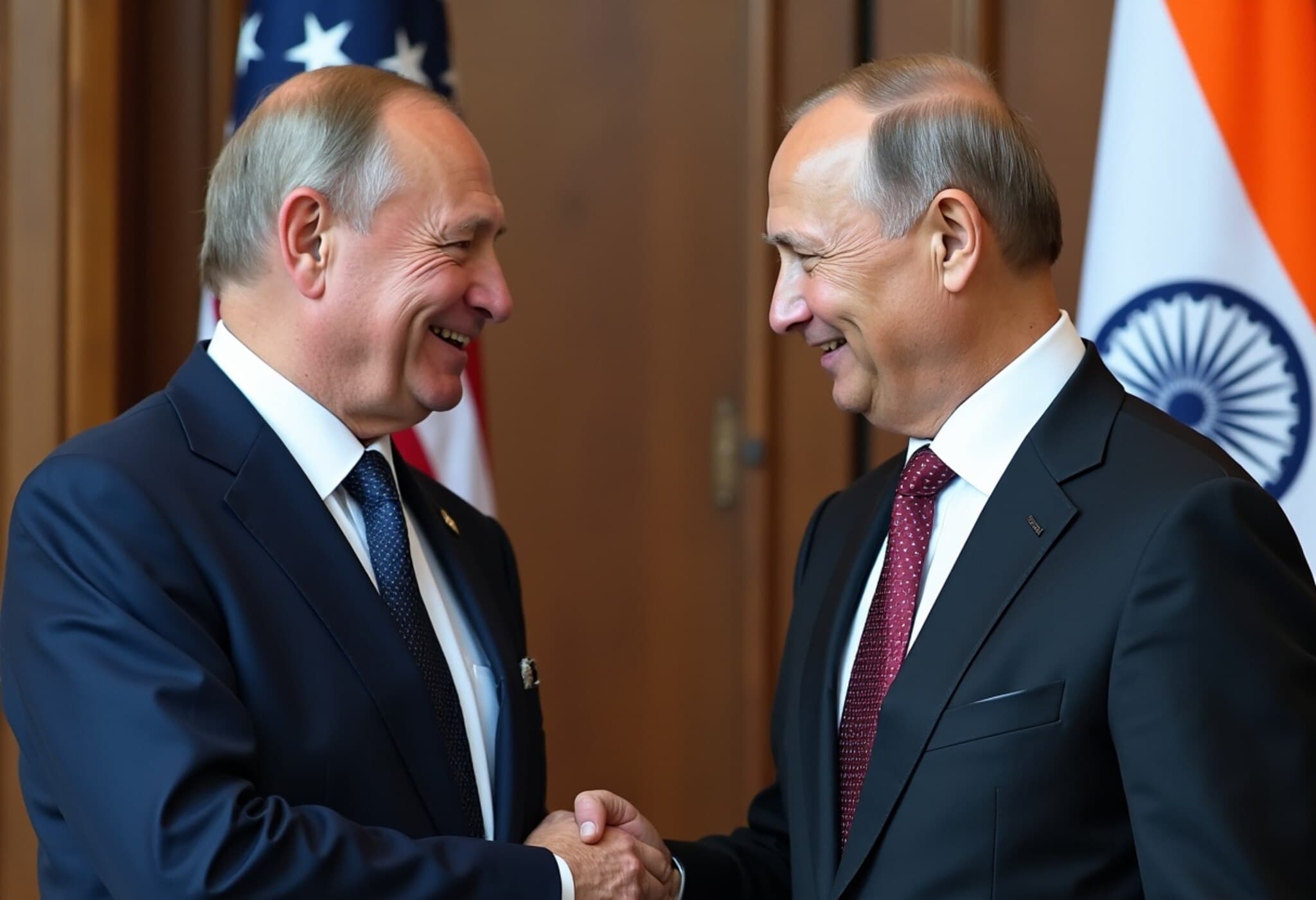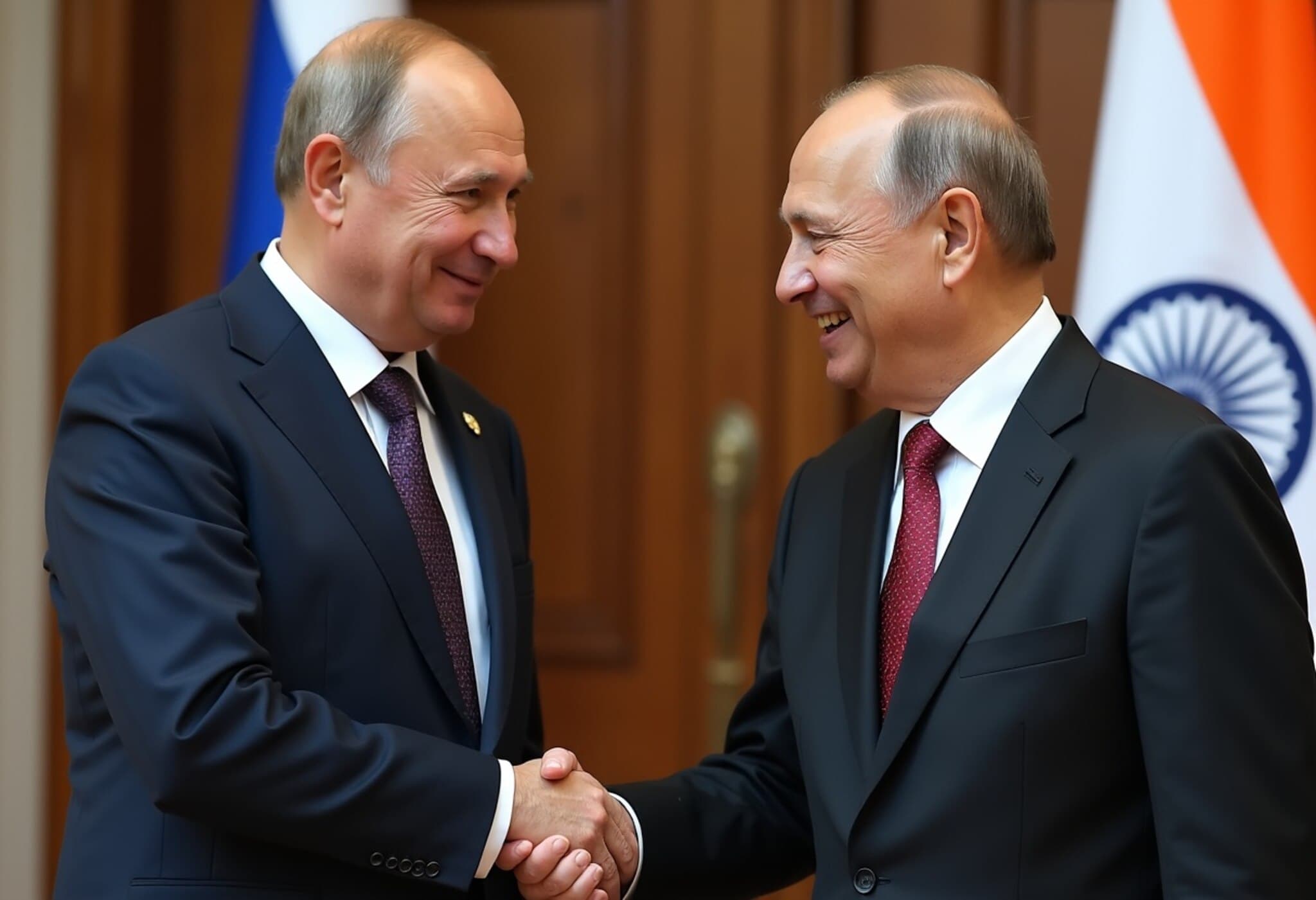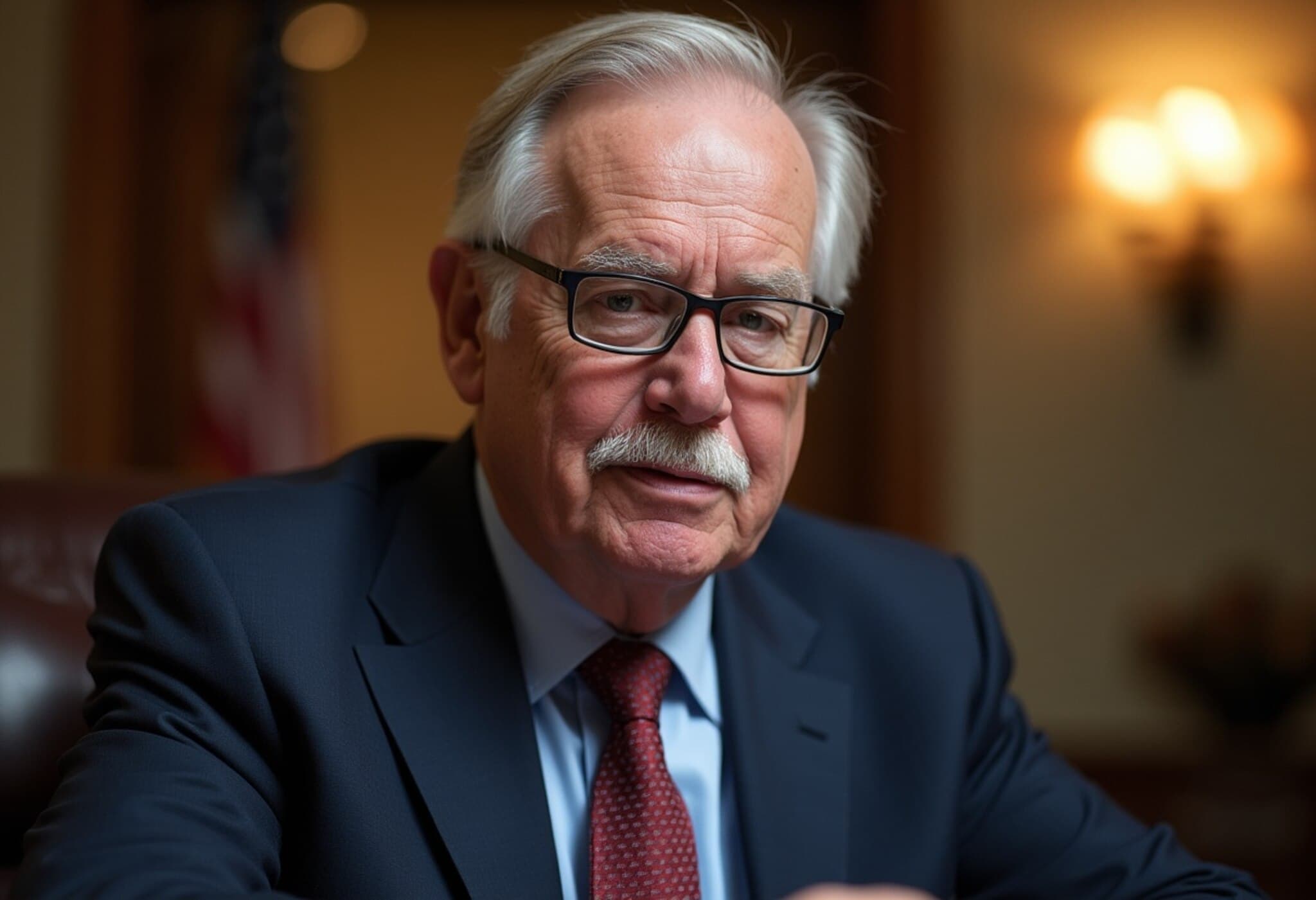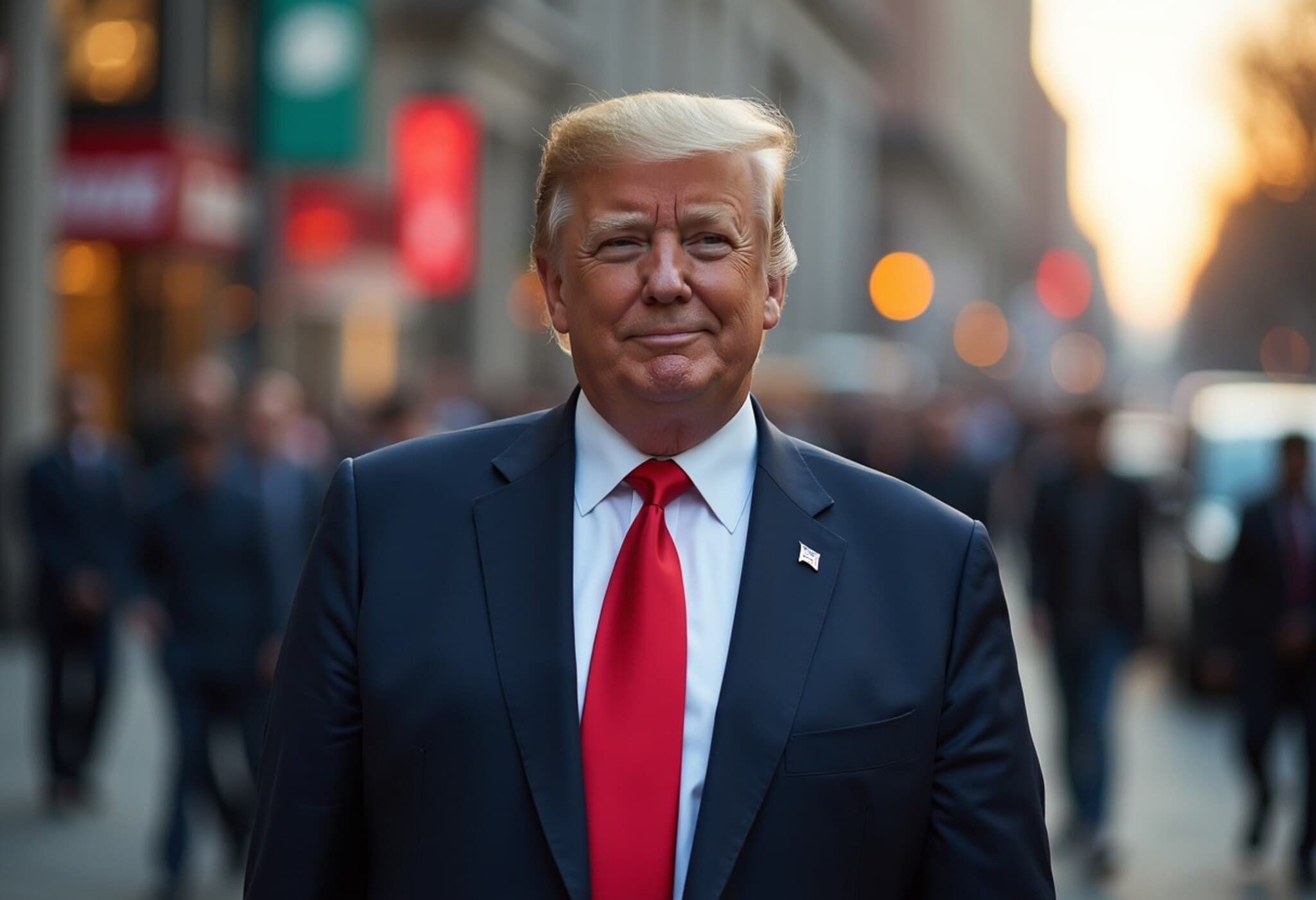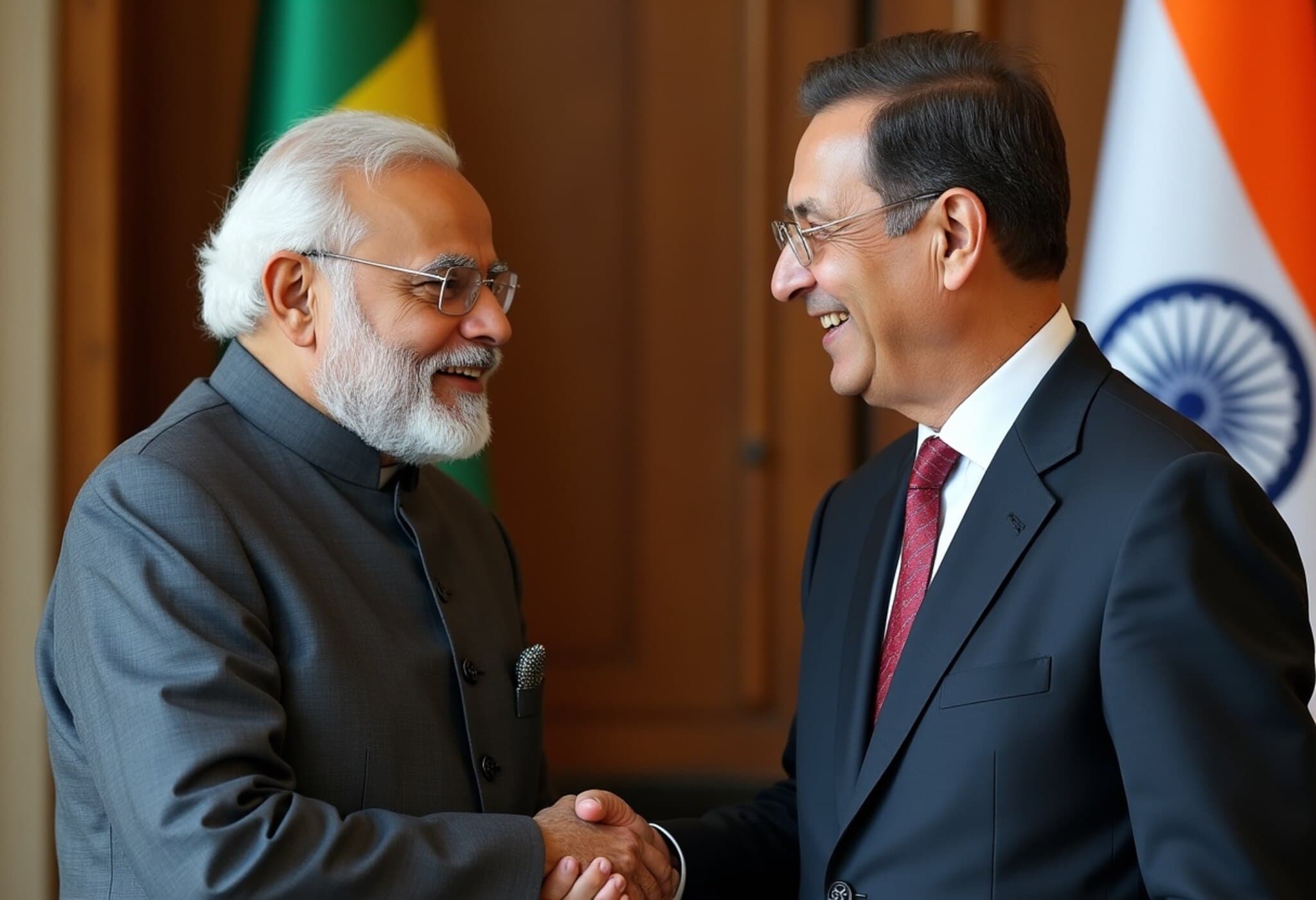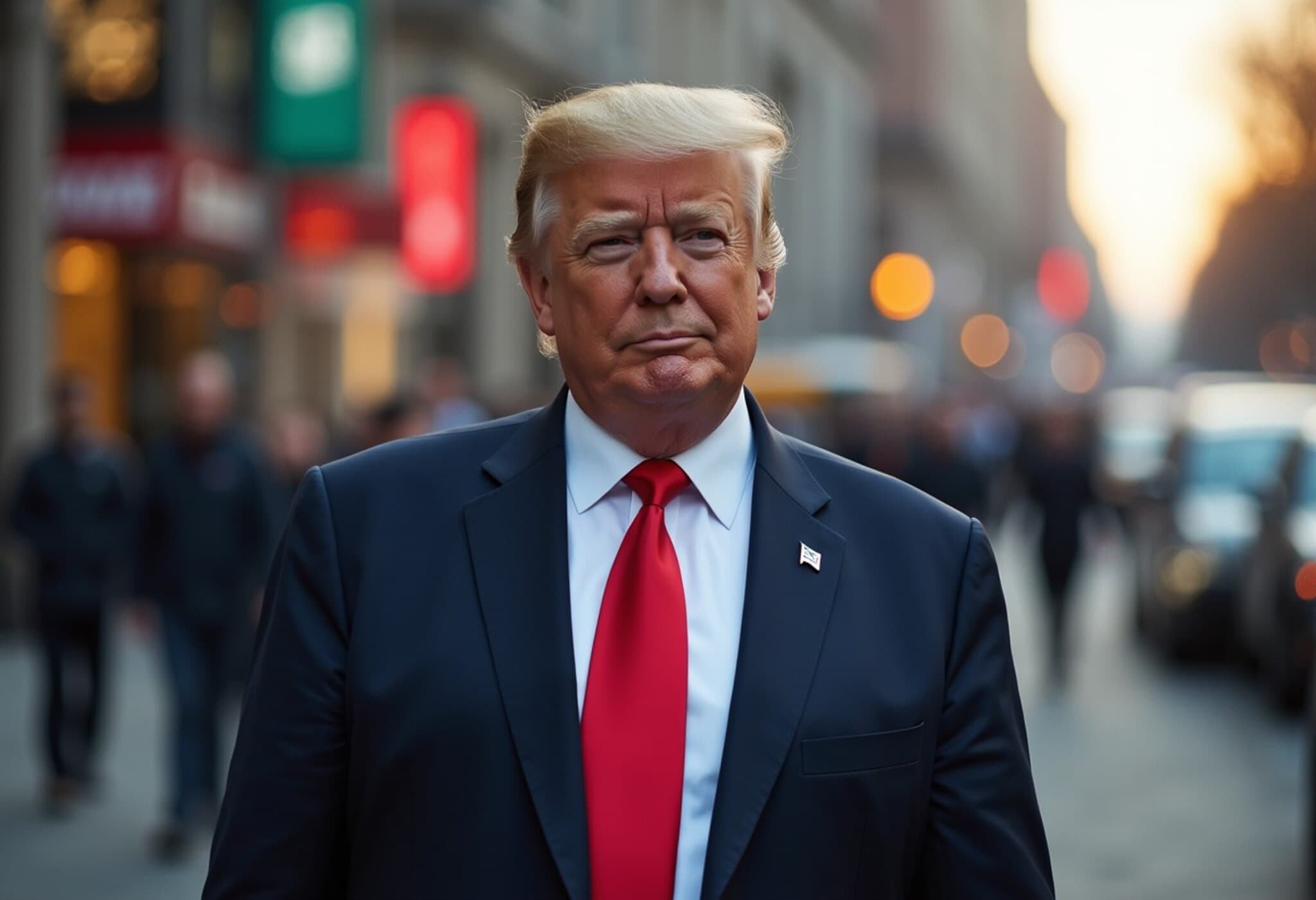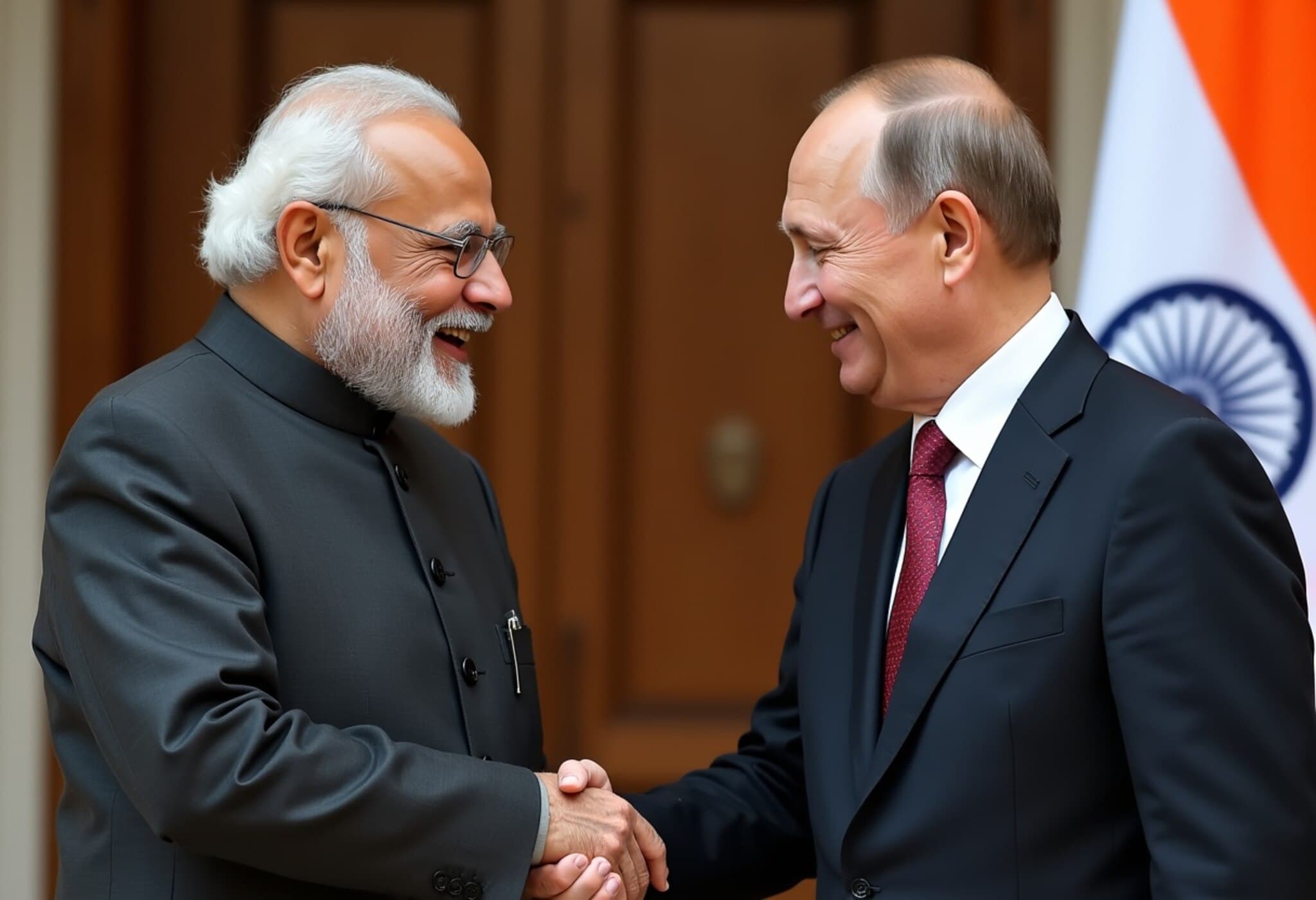Modi and Putin Strengthen India-Russia Ties Despite US Sanctions
In a strategically significant move, Prime Minister Narendra Modi engaged in a comprehensive discussion with Russian President Vladimir Putin on August 8, 2025. This conversation took place against the backdrop of escalating US trade tensions, as Washington imposed additional tariffs targeting India’s imports, citing concerns over New Delhi’s economic engagements with Moscow amidst the ongoing Ukraine conflict.
Deepening the Special and Privileged Partnership
During this carefully timed dialogue, the two leaders reviewed progress on multiple fronts of their bilateral relationship, reaffirming their commitment to intensify the India-Russia Special and Privileged Strategic Partnership. Modi expressed his intention to host President Putin in India later this year for the annual summit, underscoring the value New Delhi places on its long-standing ties with Moscow.
Modi’s tweet post-conversation emphasized the warmth and strategic importance of their rapport: “Had a very good and detailed conversation with my friend President Putin. I thanked him for sharing the latest developments on Ukraine. We also reviewed the progress in our bilateral agenda, and reaffirmed our commitment to further deepen the India-Russia Special and Privileged Strategic Partnership. I look forward to hosting President Putin in India later this year.”
US Tariffs: A Pressure Tactic Amid Global Realignments
This high-profile India-Russia interaction follows the US administration’s decision to impose an additional 25% tariff on Indian goods, escalating the reciprocal tariffs to a combined 50%. The White House cited India’s “direct or indirect import of Russian Federation oil” as a key justification, framing it as a necessary response to what it terms a national emergency linked to Russia’s military actions in Ukraine.
While the US aims to curtail Russia’s war financing avenues through such economic measures, India underscores its sovereign right to pursue an independent foreign policy balancing multiple interests. The tariffs highlight broader geopolitical tensions as India navigates its relations with powerful global actors while safeguarding its strategic and economic imperatives.
Future Outlook: Balancing Diplomacy and Economic Interests
National Security Advisor Ajit Doval, currently in Moscow, confirmed ongoing discussions to finalize the schedule for President Putin’s visit, though no specific dates have been announced. This upcoming summit is expected to address a wide range of cooperation areas, including defense, energy, technology, and multilateral diplomacy.
- India’s strategic autonomy: Maintaining strong ties with Russia reflects India's commitment to an independent foreign policy amid global power shifts.
- Economic diplomacy challenges: US tariffs signal the complex interplay between trade policy and geopolitical strategy.
- India-Russia collaboration: The partnership remains a cornerstone for defense procurement, energy security, and diplomatic alignment.
Experts note that India’s multifaceted engagement challenges the binary nature of global alignments today. The country’s approach highlights the complexity of managing relations with both Western powers and Russia, particularly in an era where economic sanctions and geopolitical friction are increasingly entwined.
Editor’s Note
This evolving dynamic between India, Russia, and the United States sheds light on how emerging global powers maneuver through competing pressures. While India asserts its strategic independence, the US tariffs raise critical questions about how economic instruments are used to influence geopolitical behavior. Observers will be watching closely to see if India’s deepening partnership with Russia leads to shifts in global alliances or reshapes existing balances of power.
As leaders prepare for the upcoming summit, the world awaits how this trilateral relationship will unfold—reflecting broader themes of sovereignty, economic pragmatism, and international diplomacy amidst turbulent times.

